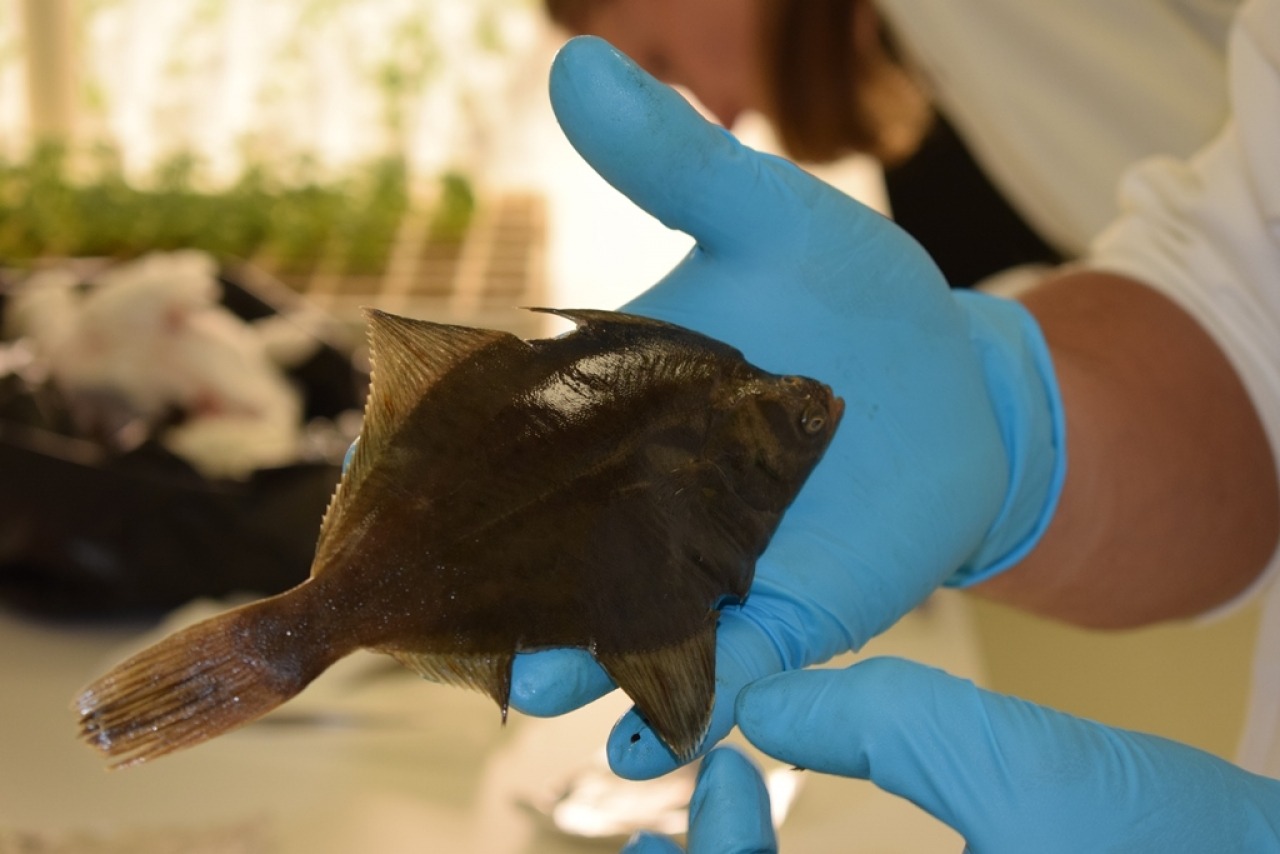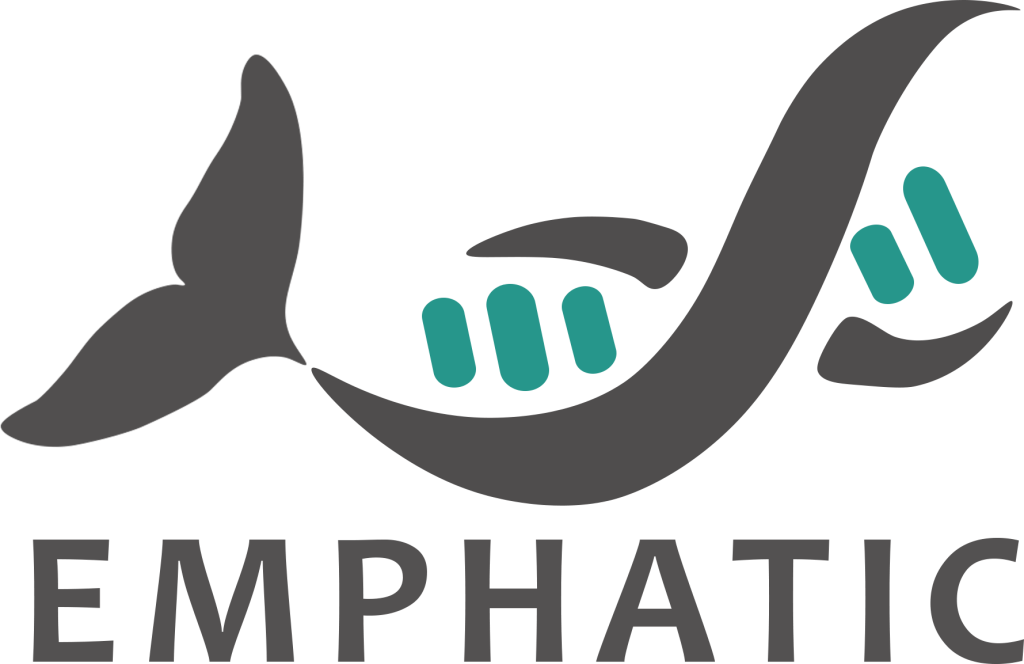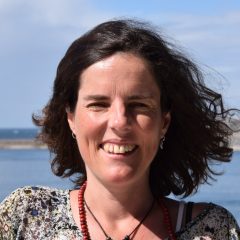
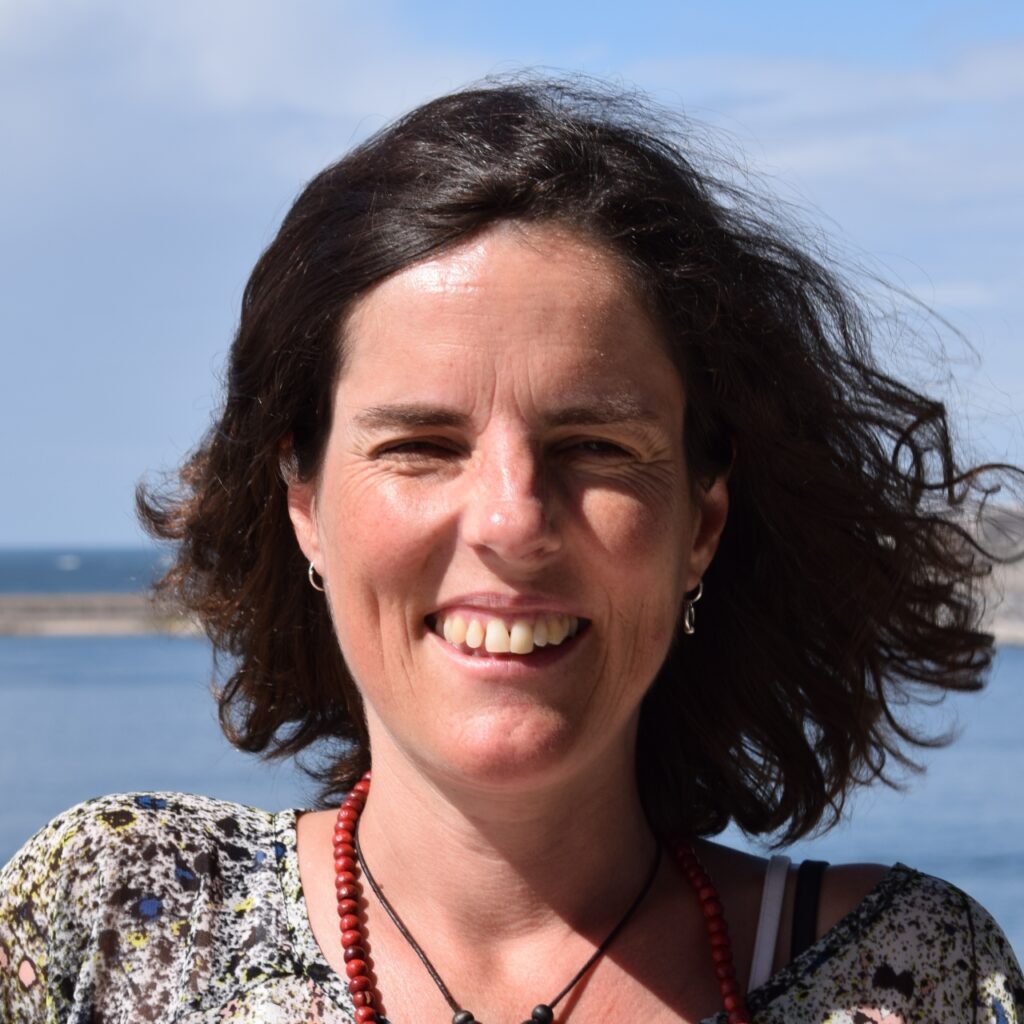
Group Leader
Sou bióloga e líder da equipa Ecologia de Peixes e Sustentabilidade. A minha investigação foca-se na ecologia marinha, principalmente nas comunidades de peixes. Tenho particular interesse em compreender como as atividades humanas, incluindo lixo marinho e microplásticos, afetam os ecossistemas e a sua capacidade de providenciar bens e serviços. Na minha investigação, uso abordagens inovadoras para capitalizar o conhecimento de stakeholders e fornecer apoio científico a gestores ambientais e decisores políticos. Ao longo da minha carreira, tenho estabelecido pontes entre a ciência e a sociedade, promovendo a integração de stakeholders na ciência, o desenvolvimento conjunto de soluções para problemas ambientais e estimulando a literacia dos oceanos.

